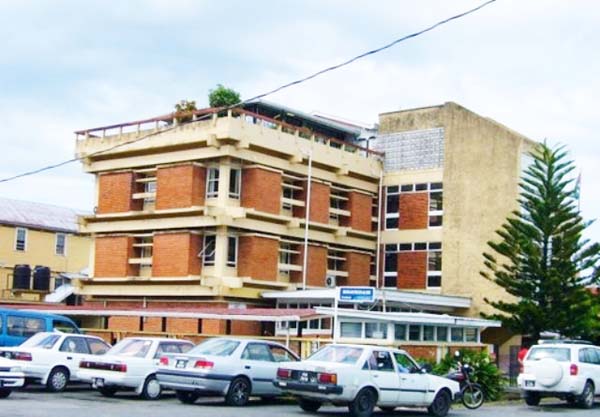The National Insurance Scheme (NIS) has paid over survivor’s benefits to Ismay Lake, whom it had initially denied on grounds that her claim, made 26 years after her spouse’s death, was inordinately late.
This is according to the Scheme’s legal adviser Randalyn Rowe, who also told Stabroek News yesterday that the NIS will not be appealing the July 31st decision of the High Court in judicial review proceedings
Rowe also said that the decision has not led to applications of a similar nature, while suggesting that Lake’s case was unique.
Court documents revealed that Lake’s husband had made over one thousand contributions to the Scheme before dying in 1990. At the time, the couple were parents to a child under the age of 16 years. These facts qualified Lake to claim survivor’s benefits pursuant to the National Insurance and Social Security (Benefit) Regulations after her husband died.
Lake, however, made the claim in 2016 – 26 years after she became entitled, and well outside the three-month deadline stimulated by Regulation 14 (1)(C) of the National Insurance and Social Security (Claims and Payments) Regulations. In court documents, she said that she was not aware of the procedure to make the application before 2016.
For these reason, it was decided that she was disqualified from making the claim. However, Regulation 14(3) (b) (iii) vests the Scheme with discretion to grant late claims if there was good cause for the delay.
Lake’s attorney, Darren Wade, had argued on her behalf that the Scheme failed to consider that she may have had a good cause for making her application so late. In light of this reality, he argued, the Scheme had acted unreasonably, and asked that the High Court quash its decision.
Giving judgment, Justice Damone Younge had said it was apparent that the Scheme made its decision solely on the basis of the claim being late, failing to consider the reason(s) advanced by Lake for her delay in making her claim late. Justice Younge also said that the Scheme was obliged to consider Lake’s reason in coming to a decision about her claim, and therefore quashed its denial of the claim, and ordered that the Scheme reconsider its decision having regard to the findings that Lake may have had good reason for not making her application within the stipulated time.
The National Insurance Board, and the Scheme’s General Manager were named as respondents in the application for judicial review, and Lake was awarded the costs of her application to the tune of $75,000.



